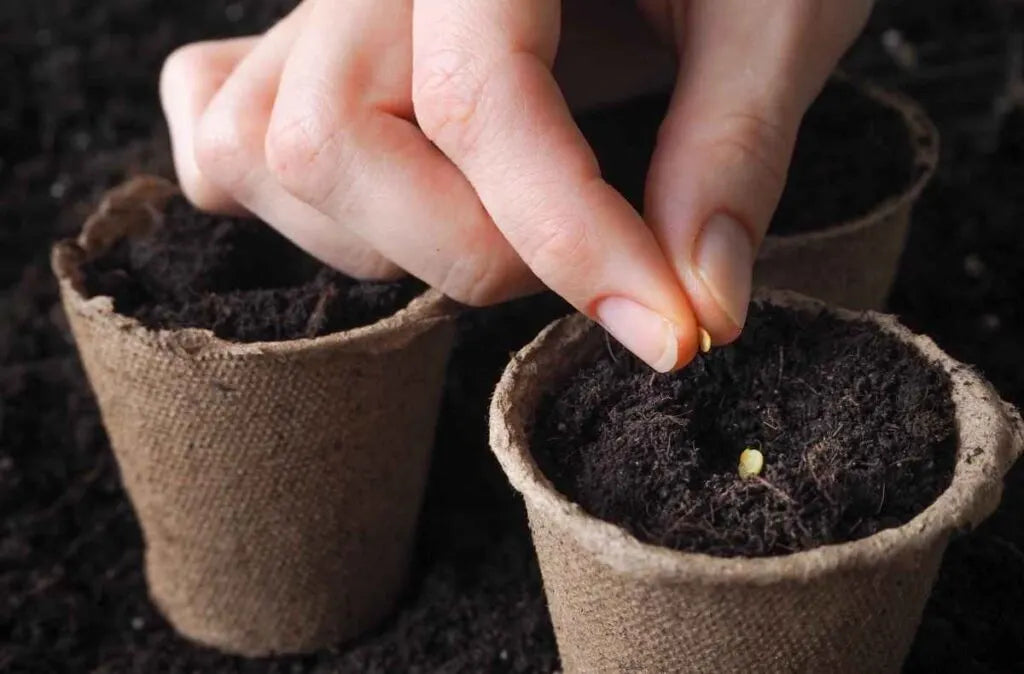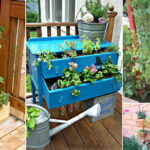Gardening, often considered a quintessentially fulfilling pursuit, warrants scrutiny through various lenses—economic, ecological, psychological, and even social. As individuals grapple with the question of whether cultivating a personal garden is indeed the right choice, it becomes imperative to dissect the multifaceted pros and cons involved in this endeavor. In doing so, we not only assess individual capacity and desire but also broader implications on community health, sustainability, and autonomy.
Understanding the motivations behind gardening can inform potential gardeners whether the advantages outweigh the disadvantages. This exploration serves as a direct challenge to the reader’s perceptions and assumptions surrounding home gardening.
What drives individuals to contemplate the initiation of their own garden? Is it the allure of fresh produce, the therapeutic benefits of nurturing plants, or perhaps the political act of self-sustainability? Conversely, what reservations impede one’s decision? The balance of inquiry into these dimensions will elucidate a deeper comprehension of gardening’s impact on individual lives and the environment.
The Environmental Benefits of Personal Gardening
The ecological advantages of cultivating one’s own garden are manifold. At its core, home gardening fosters biodiversity. By nurturing a variety of plants, gardeners contribute to the sustenance of local ecosystems, including beneficial insects and pollinators. This is particularly prescient considering the current global crisis surrounding declining bee populations, which are integral to food systems.
Moreover, home gardens serve as a buffer against urban sprawl, enhancing green spaces that mitigate heat and foster air quality improvement in heavily populated areas. This green infrastructure not only stabilizes soils but also sequesters carbon, thereby acting as a countermeasure to climate change. Seemingly inconspicuous, the act of planting a single garden can ripple through communities, offering substantial benefits to local ecology.
Food Sovereignty and Nutrition Enhancement
The nutritional boons associated with home gardening are significant. Access to organically grown produce empowers residents with autonomy over their food sources. This autonomy allows for diversification of diets—homegrown fruits and vegetables often contain higher nutritional value compared to commercially produced items, which frequently undergo extensive transportation and storage processes that degrade their quality.
Furthermore, the act of gardening itself promotes physical activity, engaging individuals in regular exercise as they dig, plant, and harvest. Such activity not only serves physical well-being; it also fosters mental health benefits by alleviating stress and enhancing mood through exposure to nature. Notably, the physiological effects of spending time outdoors—such as increased vitamin D levels and improved cognitive function—cannot be overstated.
However, the journey into gardening is not without its pitfalls, which warrants careful consideration.
The Labor and Time Investment Dilemma
A primary drawback of gardening that deserves scrutiny is the significant labor and time commitment it entails. Contrary to the idyllic images often portrayed in media, gardening is arduous work that requires forethought, planning, and consistent upkeep. For those balancing careers and family responsibilities, the demands can be overwhelming. The romantic notion of harvesting ripe tomatoes under the sun can quickly wither under the reality of weeding, pest control, and seasonal planning.
Moreover, the initial setup costs associated with establishing a garden should not be overlooked. Depending on the scale and type of cultivation—whether vegetable, herb, or ornamental—purchasing soil amendments, seeds, tools, and possibly irrigation systems can accrue substantial expenses. These economic factors can inadvertently dissuade potential gardeners, particularly in low-income communities where access to resources is limited.
Environmental Implications: Pest Control and Sustainability
While gardening champions sustainability, it is essential to interrogate its darker facets. The use of pesticides and herbicides in home gardens often contradicts the organic ideal promoted by proponents of gardening. Many novices, eager to see results, may resort to these chemical interventions to combat pests and diseases. The unintended consequence can lead to toxic runoff, harming local waterways and biodiversity.
Biodiversity often shows promise in home gardens, yet the selection of non-native plants can introduce disruptive species into local ecosystems, displacing indigenous flora and fauna. This highlights the dual-edged nature of gardening as a tool for sustainability—it must be approached with respect for ecological balance and local conditions.
Is Home Gardening Right for You?
Given the extensive net of pros and cons, the challenge remains: how can one discern whether home gardening aligns with personal values and lifestyle? A critical reflection on individual circumstances and aspirations is vital. Questions to ponder include: What are your motivations for gardening? Do you have the requisite time, space, and financial resources? Are you willing to engage with potential challenges such as pest management and seasonal fluctuations?
It may prove beneficial to start small, experimenting with container gardening or a single small plot before committing to extensive cultivation. This approach allows individuals to gain experience while mitigating frustration and disappointment. Additionally, volunteering at community gardens can provide insight into collaborative gardening while alleviating some resource burdens associated with individual efforts.
The Social Fabric of Gardening
Aside from personal motivations and practical considerations, gardening weaves a complex social tapestry. Community gardening initiatives have burgeoned in recent years, fostering connection among individuals and strengthening communal ties. These endeavors not only yield fresh produce but also build social capital, allowing for networking, idea exchange, and collective empowerment.
Indeed, the role of gardening surfaces as a vital mechanism for community resilience, particularly in times of crisis. Following natural disasters, community gardens serve as a source of nourishment and refuge for affected populations, exemplifying the social utility of this nurturing act. Thus, contemplating the expansive societal implications invites individuals to ponder how their gardening choices might reverberate beyond personal benefit.
In conclusion, delving into the complexities of home gardening reveals that it encompasses a spectrum of considerations that extend beyond the simplistic dichotomy of pros and cons. Each individual must critically assess their circumstances, aspirations, and moral implications entailed within this pursuit. As you deliberate on the potential of sowing your own garden, recognize the profound connection between personal agency, community, and environmental stewardship. Will you accept the challenge? The seeds of possibility await your decision.









Leave a Comment